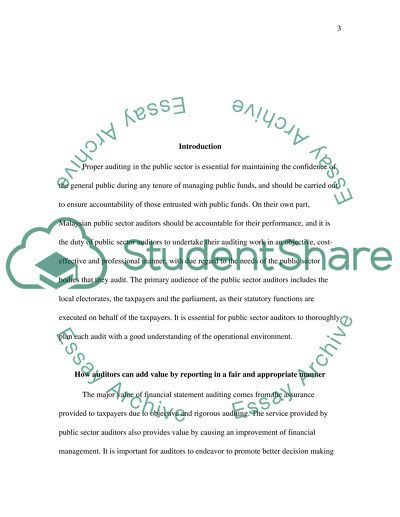Cite this document
(“What public Sector Bodies can expect from their Auditors Essay”, n.d.)
Retrieved from https://studentshare.org/miscellaneous/1565186-what-public-sector-bodies-can-expect-from-their-auditors
Retrieved from https://studentshare.org/miscellaneous/1565186-what-public-sector-bodies-can-expect-from-their-auditors
(What Public Sector Bodies Can Expect from Their Auditors Essay)
https://studentshare.org/miscellaneous/1565186-what-public-sector-bodies-can-expect-from-their-auditors.
https://studentshare.org/miscellaneous/1565186-what-public-sector-bodies-can-expect-from-their-auditors.
“What Public Sector Bodies Can Expect from Their Auditors Essay”, n.d. https://studentshare.org/miscellaneous/1565186-what-public-sector-bodies-can-expect-from-their-auditors.


